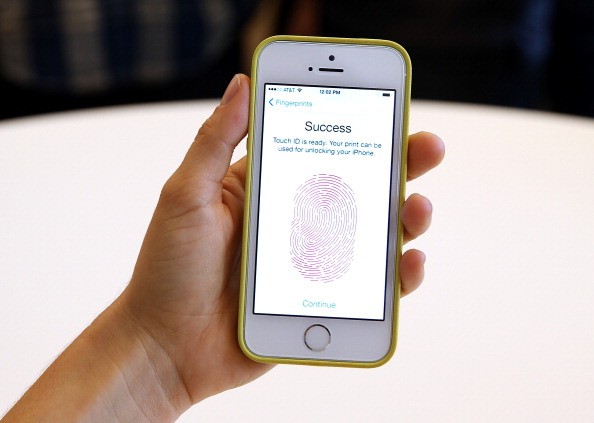The US Court of Appeals ruled against defendant Jeremy Travis Payne for his legal team's appeal to suppress evidence after it was found that police officers forced him to unlock his phone using his thumbprints.
Through this forced unlocking, the police officers were able to make a case and charge the California parolee who was caught in a traffic stop back in 2021.
US Court Rules Forced Thumbprint Phone Unlock Admissible for Cops

A ruling from the US Court of Appeals in United States v. Jeremy Travis Payne saw a massive turn of events. The court favored the prosecution and police in how they gathered evidence and made a case.
This was because Payne, who was arrested after a traffic stop by the California Highway Patrol, was forced by police officers to unlock his device using his thumbprint against his will.
Additionally, this falls under the US Constitution's Fifth Amendment, which discusses the right against self-incrimination.
However, the evidence is now allowed to be used in court following this ruling, with Payne still facing charges of possession with intent to distribute fentanyl, fluoro fentanyl, and cocaine.
It was regarded "that the compelled use of Payne's thumb to unlock his phone (which he had already identified for the officers) required no cognitive exertion, placing it firmly in the same category as a blood draw or fingerprint taken at booking."
Read Also: iPhone Touch ID Could Return, Thanks to New Samsung OLED; Can Read Fingerprints Anywhere!
A Gray Area of the US Constitution's Fifth Amendment
Nothing in the US Constitution's Fifth Amendment prohibits this forced use of a person's thumbprint to unlock their devices, which is now a gray area of the law.
The three-panel judge regarded the act as only confirming that the device was his property and that the contents were authenticated.
"However, Payne was never compelled to acknowledge the existence of any incriminating information. He merely had to provide access to a source of potential information," the court added.
Smartphone Biometrics and the Law
The first form of biometrics security among smartphones was fingerprints, with most users using their thumbs for the security and protection of their devices as it is more convenient when holding them.
Thanks to its wide use and availability, massive innovations were made to support it, including its use in authenticating identity, payments, and other forms of confirmation.
Apple's technology is known as the Face ID, while for Android, it is simply the Facial ID or Face Scan, meant to hold a copy of user faces for security purposes, with Chrome's Android adding other layers on top of it.
The US Constitution's Fifth Amendment states the right against self-incrimination, and despite this, it said that Payne's appeal to make the evidence inadmissible was overruled.
While it remains a gray area in the US Constitution, other cases may step forward and have the same issue with how police got the evidence.
It is unknown if the court would again side with the prosecution to make the evidence admissible despite how it was collected.

ⓒ 2026 TECHTIMES.com All rights reserved. Do not reproduce without permission.




